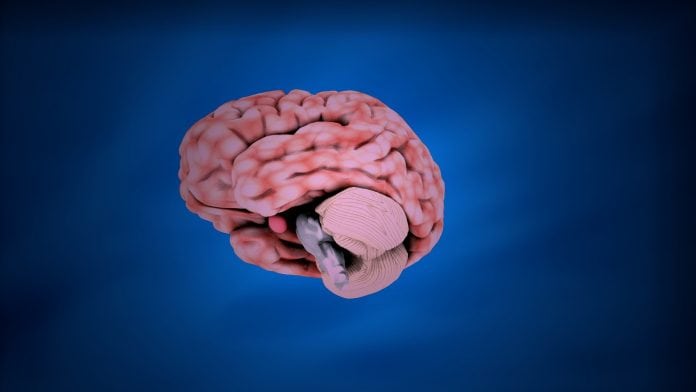
The newly released International Statistical Classification of Diseases and Related Health Problems (ICD-11) will be implemented for the World Federation of Neurology, which has been called “a very positive step forward for the future of neurological practice”.
Following 11 years of extensive work, the World Health Organization (WHO) released the new ICD-11, which involves 270 institutions in 99 countries and includes an updated list all of the latest documented diseases as decided by experts in the field.
Commenting on the new document, Professor Raad Shakir, chair of the Neuroscience Topic Advisory Group (TAG), said: “From a neurology perspective, this major undertaking is a very positive step forward for the future of neurology practice and funding, although there are still some issues that need to be discussed further.”
What has ICD-11 done for neuroscience?
In the realms of neuroscience and neurology, experts in those areas have said the most important news is that stroke is now classified as a neurological disease.
Shakir added: “In the past, stroke was part of the cardiovascular diseases, together with cardiac conditions. With the recognition of stroke being a neurological disease, we see an important clarification that a sufficient number of neurologists will be needed to apply all those lifesaving modern treatments in stroke which were not available 25 years ago.”
Understanding the genetics of neurodegenerative diseases
Another important aspect in ICD-11, according to Shakir, is “the field of genetics as a cause of neurodegenerative diseases is now opened by this classification”.
He added: “It is the aim of the neurology chapter of the ICD-11 to make it easy to apply for those working in the less developed parts of the world and at the same time sophisticated enough for those working in highly specialised institutions.
“By and large we have achieved this purpose. I am most grateful to those specialists all over the world who helped and advised in the course of this process.”
“Reflecting important advances in medicine”
WFN president ProfessorWilliam Carroll added: “We recognise the difficulties that had to be overcome in the course of this complex process and appreciate all the efforts undertaken to make the ICD more workable and appropriate. The ICD-11 well reflects important advances in medicine, in particular in neurology.
“The WFN appreciates very much having been part [of] this important process and is looking forward to further collaborating with the WHO to discuss future developments.”
Professor Wolfgang Grisold, secretary general of the WFN, said the new ICD-11 is “in the best interest of patients because it mirrors the reality of neurological practice. The example of stroke shows that this classification is paramount for healthcare policy because it will help shift resources and funding to where they are needed for the best care. For the first time, the newly emerging spectrum of autoimmune encephalopathies is mentioned in detail, which will help to increase awareness for these diseases.”









